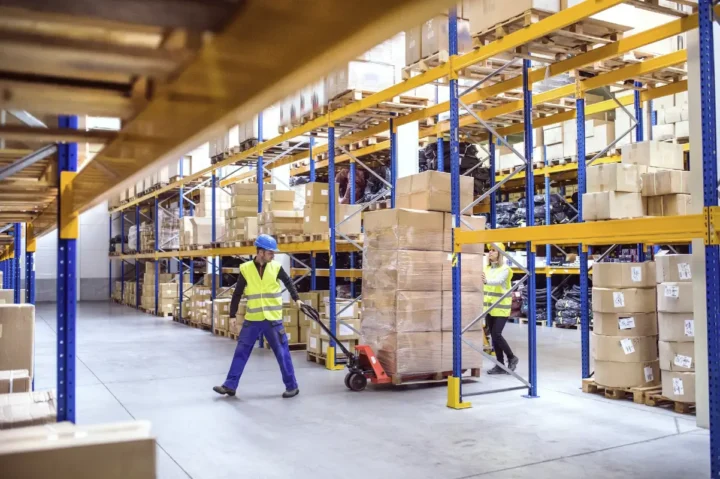Top Factors to Consider When Purchasing Liquidation Pallets for Your Business
Wholesale pallets are an excellent way to stock up on discounted inventory for businesses of all sizes. Whether looking to expand product offerings or save money, buying them can be a strategic move.
However, making the right purchase requires careful consideration to ensure that the goods are valuable and suitable for your business. This article will outline the key factors to keep in mind when purchasing clearance pallets.

Quality and Condition of Products
When buying liquidation pallets, the quality and condition of the products should be a top priority. Many of them consist of returned or unsold merchandise, which means the products could be damaged or defective. It’s important to inspect the condition of the items before making a purchase to ensure they meet your standards.
While it’s possible to find some great deals, it’s also common to receive items that may require repairs or are near the end of their usable life. Being aware of this helps set expectations for what the pallet will contain and allows businesses to plan for potential refurbishing costs.
Type of Merchandise
Another key consideration is the type of merchandise included in the liquidation lots. They often contain various products, ranging from electronics and clothing to home goods and office supplies. Identifying the categories of items that will best fit your business is crucial.
For example, if you run a retail store specializing in clothing, it may not make sense to purchase a pallet of electronics. Understanding the products within a pallet can help businesses avoid wasting money on inventory that does not align with their target audience or business model.
Reputation of the Supplier
The supplier’s reputation plays a significant role in the overall experience of purchasing excess stock pallets. A trustworthy supplier ensures that the products they offer are genuine and not misrepresented. Working with a supplier known for reliability and transparency can save businesses from purchasing poor-quality or counterfeit items.
Before making a purchase, businesses should research the supplier and read reviews from other buyers. If a supplier has a good track record of delivering quality pallets, there is a higher chance that your business will have a positive experience with the transaction.
Cost and Potential Profit Margins
One of the most compelling reasons to purchase bulk inventory lots is the potential for significant profit margins. However, businesses must carefully evaluate the cost of the pallet against the potential resale value of the individual items.
A pallet may seem like a bargain, but if the products inside don’t sell for a reasonable price, the investment may not be worthwhile. Assessing the resale value of the goods, even before purchasing the pallet, can provide insight into whether it is a profitable investment.
Ensuring Supplier Transparency for Reliable Purchases
When considering whether to purchase liquidation lots, transparency is an essential factor. Are the details about the pallets clearly stated? Does the supplier accurately describe the types and conditions of the goods within each pallet? These questions can help businesses avoid surprises after the purchase.
Working with a supplier who is upfront about what’s included in the pallets helps ensure that businesses get what they expect. It fosters trust and helps businesses make informed decisions, ensuring a smoother and more reliable purchasing experience.
Purchasing liquidation pallets offers small businesses the chance to acquire inventory at a lower cost, but there are several key factors to consider. They can be a smart investment for businesses if carefully selected and managed. By following the above guidelines, businesses can ensure that their purchase contributes positively to their growth and profitability.


